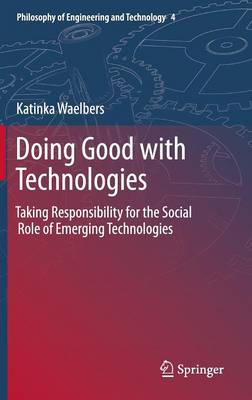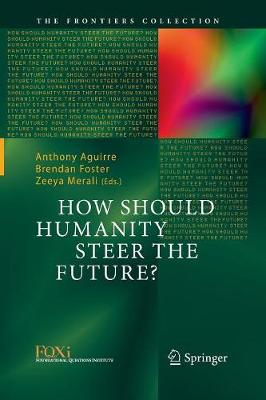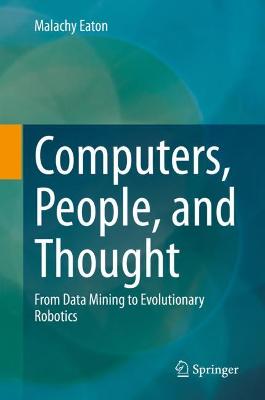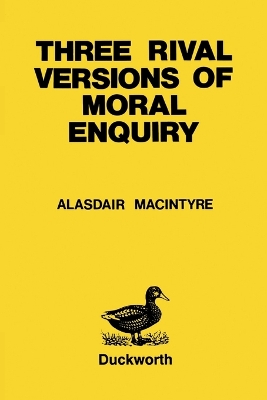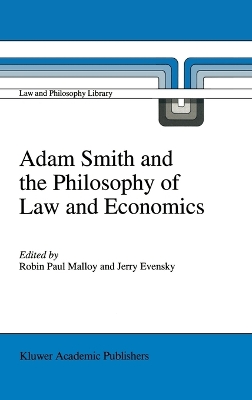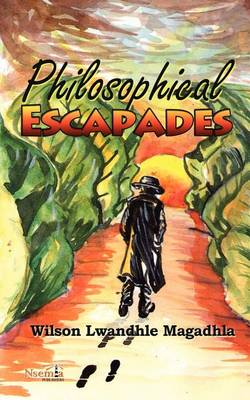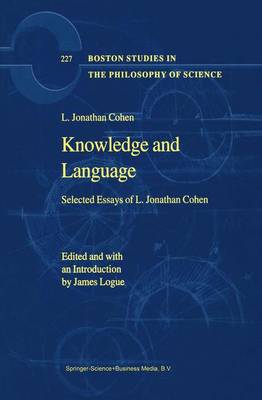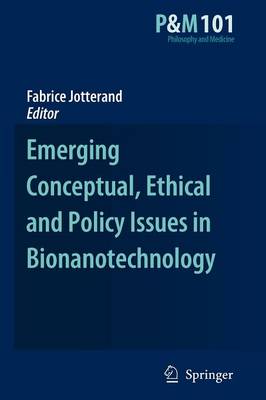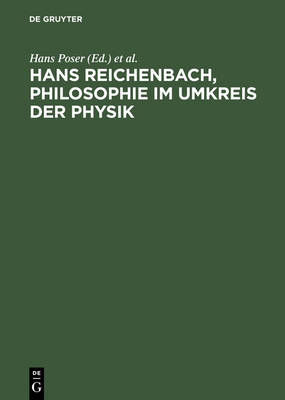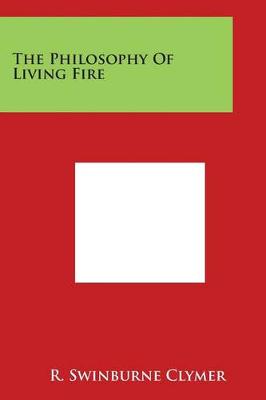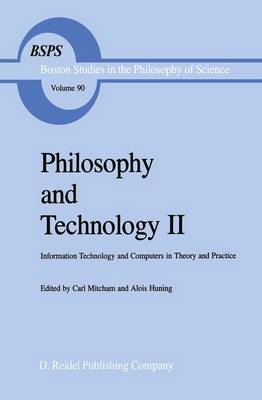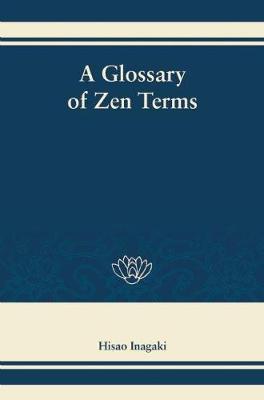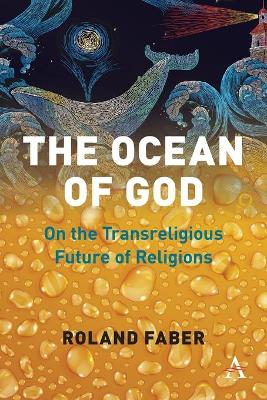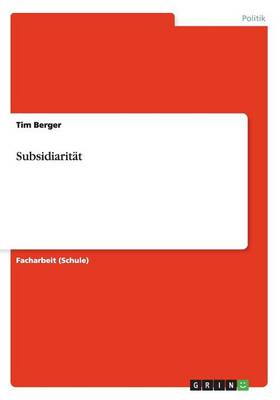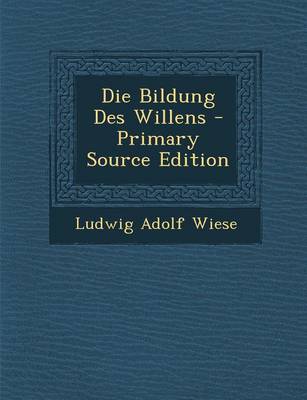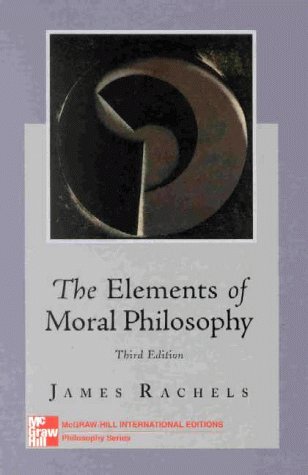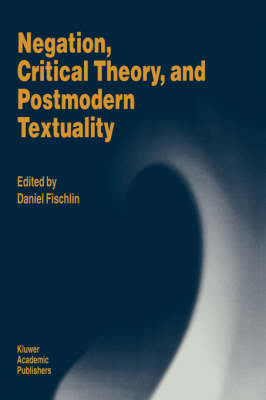Like most discussions within the tradition of rights-talk, this study is motivated by the desire to promote the idea that rights are moral assets that people should acquire in the course of their membership within social and political frameworks. However, while most participants in rights-talk concentrate on the safety and protection constraints required for a successful exercising of rights, the present study inquires into the circumstances under which people's rights lose their validity. The a...
Doing Good with Technologies: (Philosophy of Engineering and Technology, #4)
by Katinka Waelbers
20th century technologies like cars, the Internet, and the contraceptive pill have altered our actions, changed our perceptions and influenced our moral ideas, for better and worse. Upcoming technologies are bound to fulfill their own unique social roles. How can we advance this social role so that it will support the good live and limit undesired changes? This book explores whether we can take a forward looking responsibility to optimize the social roles of technologies. In doing so, the book d...
How Should Humanity Steer the Future? (The Frontiers Collection)
The fourteen award-winning essays in this volume discuss a range of novel ideas and controversial topics that could decisively influence the course of human life on Earth. Their authors address, in accessible language, issues as diverse as: enabling our social systems to learn; research in biological engineering and artificial intelligence; mending and enhancing minds; improving the way we do, and teach, science; living in the here and now; and the value of play. The essays are enhanced versions...
In this book the author discusses synergies between computers and thought, related to the field of Artificial Intelligence; between people and thought, leading to questions of consciousness and our existence as humans; and between computers and people, leading to the recent remarkable advances in the field of humanoid robots. He then looks toward the implications of intelligent 'conscious' humanoid robots with superior intellects, able to operate in our human environments. After presenting the...
MacIntyre's project, here as elsewhere, is to put up a fight against philosophical relativism. . . . The current form is the 'incommensurability,' so-called, of differing standpoints or conceptual schemes. Mr. MacIntyre claims that different schools of philosophy must differ fundamentally about what counts as a rational way to settle intellectual differences. Reading between the lines, one can see that he has in mind nationalities as well as thinkers, and literary criticism as well as academic p...
The creation of intelligent robots is surely one of the most exciting and ch- lenginggoals of Arti?cial Intelligence. A robot is, ?rst of all, nothing but an inanimate machine with motors and sensors. In order to bring life to it, the machine needs to be programmed so as to make active use of its hardware c- ponents. This turns a machine into an autonomous robot. Since about the mid nineties of the past century, robot programming has made impressive progress. State-of-the-art robots are able to...
Adam Smith and the Philosophy of Law and Economics (Law and Philosophy Library, #20)
Adam Smith and the Philosophy of Law and Economics is a unique book. Malloy and Evensky bring together a team of international and interdisciplinary scholars to address the work of Adam Smith as it relates to law and economics. In addition to their own contributions, the book includes works by Dr. John W. Cairns of the University of Edinburgh, Dr. J. Ralph Lindgren of Lehigh University, Professor Kenneth A.B. Mackinnon of the University of Waikato, and the Honorable Richard A. Posner of t...
Knowledge and Language (Boston Studies in the Philosophy and History of Science, #227)
by L. Jonathan Cohen
I am very grateful to Kluwer Academic Publishers for the opportunity to republish these articles about knowledge and language. The Introduction to the volume has been written by James Logue, and I need to pay a very sincerely intended tribute to the care and professionalism which he has devoted to every feature of its production. My thanks are also due to Matthew MeG rattan for his technical as sistance in scanning the articles onto disk and formatting them. 1. Jonathan Cohen vii Publisher's No...
Gadamer's aesthetics demonstrates that the experience of art is grounded in the objectivities of language, history and tradition. By treating words and images as transmittable placeholders for meanings and concepts, hermeneutics gives a persuasive account of how artworks communicate. Davey demonstrates how hermeneutics transforms aesthetic reflection into a poignant attentive practice that is open to the unexpected. This new "poetics" is relevant not only to the understanding of art but also to...
Emerging Conceptual, Ethical and Policy Issues in Bionanotechnology (Philosophy and Medicine, #101)
Nanobiotechnology is the convergence of existing and new biotechnology with the 1 ability to manipulate matter at or near the molecular level. This ability to manipulate matter on a scale of 100 nanometers (nm) or less is what constitutes the nanotechnology revolution occurring today, the potentially vast economic and social implications of which are yet to be fully understood (Royal Society, 2004). The most immediate way to understand the implications of nanobiotechnology for ethics is to consi...
Scientific Inquiry in Philosophical Perspective (Scientific Inquiry in Philosophical Perspective)
by Nicholas Rescher
The essays in this collection mostly originated in a series of events during the 1985ó86 academic year to celebrate the 25th anniversary of the founding of the Center for Philosophy of Science at the University of Pittsburgh. The authors explore such topics as a cognitive theory of science, mental representation, Saltationism and Cladism, and complementarity.
Philosophy and Technology II (Boston Studies in the Philosophy and History of Science, #90)
Until recently, the philosophy and history of science proceeded in a separate way from the philosophy and history of technology, and indeed with respect to both science and technology, philosophical and historical inquiries were also following their separate ways. Now we see in the past quarter-century how the philosophy of science has been profoundly in fluenced by historical studies of the sciences, and no longer concerned so single-mindedly with the analysis of theory and explanation, with t...
Over the course of Zen's development in China and Japan, the sayings and episodes of the masters have formed a huge collection of literature. Designed to put these writings within easy reach of serious students for inspiration and understanding, this glossary provides 5,500 entries on Zen terms, names of persons, texts, idiomatic expressions, references to Chinese classics, general Buddhist terms, and even particles and other parts of speech considered important in grasping the original intent a...
Die Gegenwart Der Gerechtigkeit Diskurse Zwischen Recht, Praktischer Philosophie Und Politik
Socrates said that moral philosophy deals with "no small matter, but how we ought to live." This book is a lively, readable, and succinct contribution to that subject. In clear language, and with an emphasis on the practical application of moral philosophical theory to contemporary life, Rachels provides a stimulating introduction to the field of moral philosophy. Rachels makes clear the relevancy of ethics to contemporary life through his opening chapter that examines the 1983 Baby Jane Doe cas...
Negation, Critical Theory, and Postmodern Textuality
Negation, Critical Theory, and Postmodern Textuality features 14 new essays by leading specialists in critical theory, comparative literature, philosophy, and English literature. The essays, which present wide-ranging historical considerations of negation in light of recent developments in poststructuralism and postmodernism, range over many of the siginificant texts in which negation figures prominently. The book includes a wide-ranging introductory chapter that examines how attention to...

